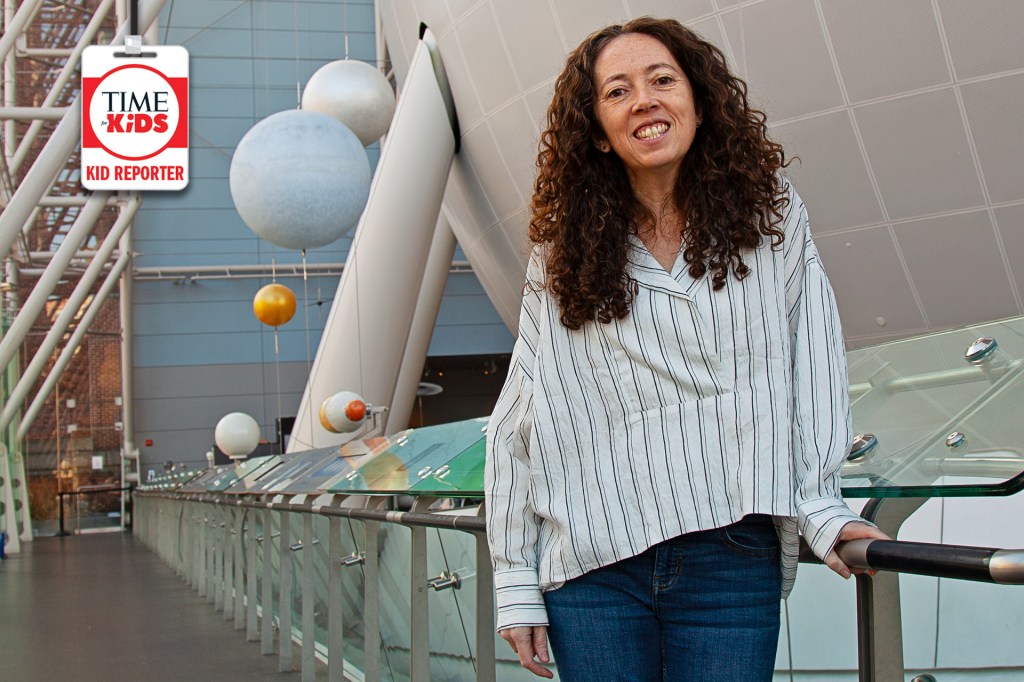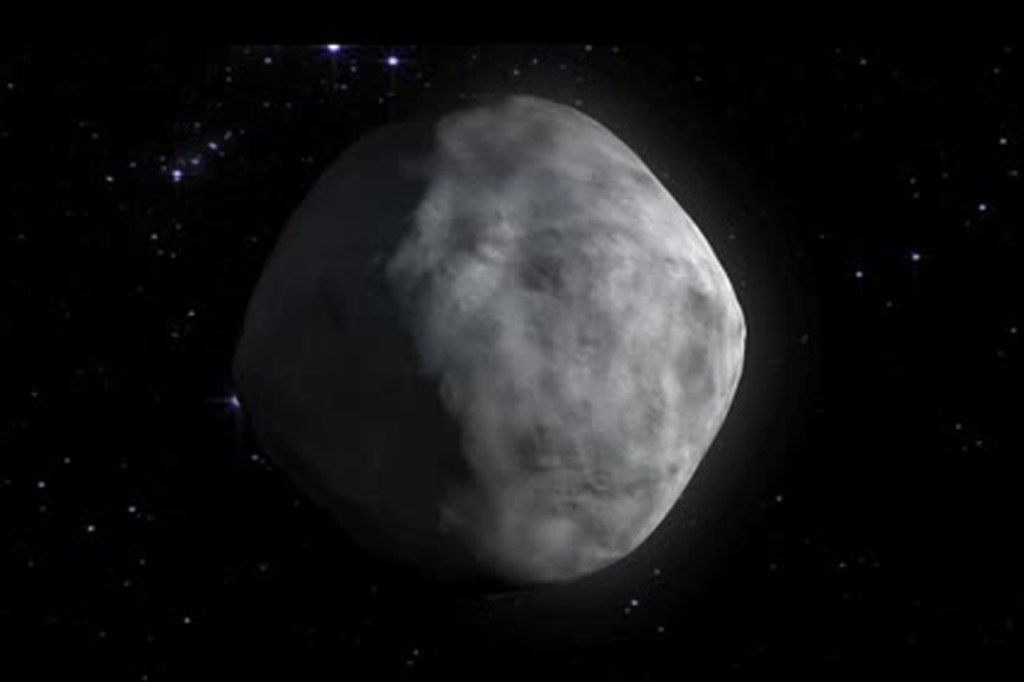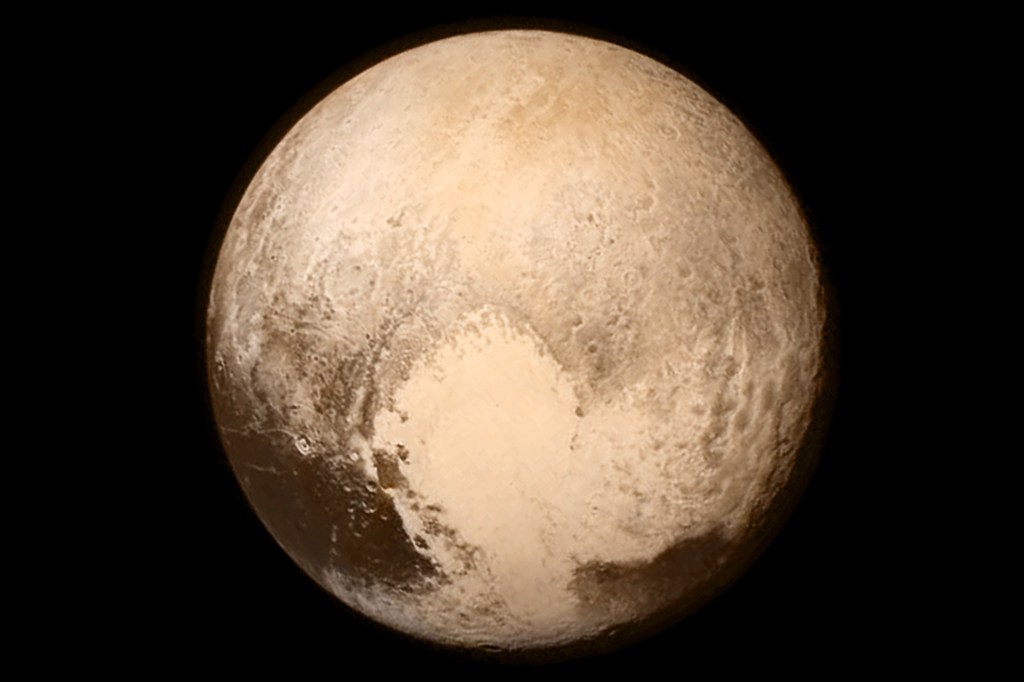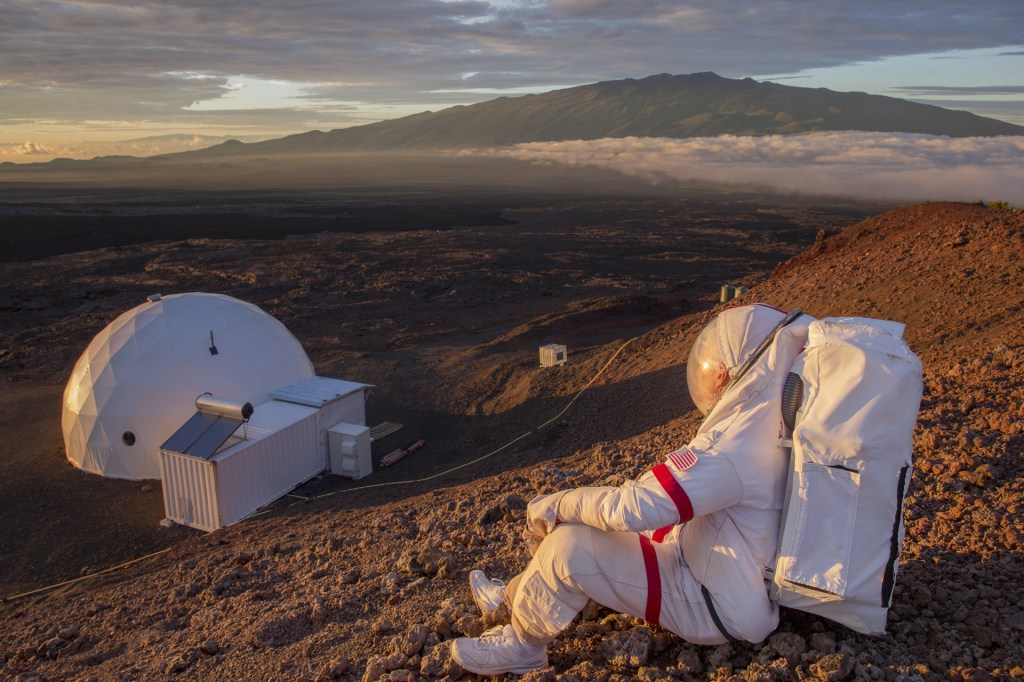
TIME’s space writer spent 24 hours inside a NASA base in Hawaii. The base copies conditions on the Red Planet.
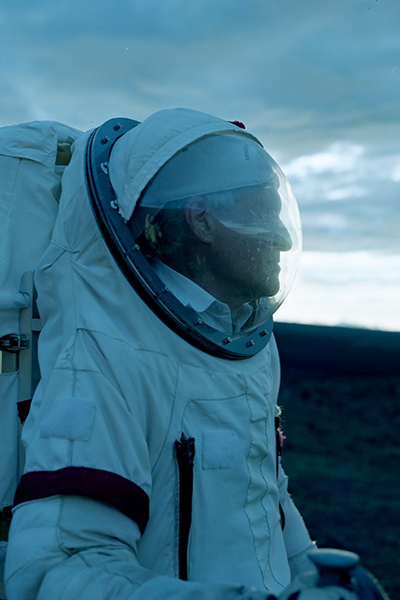
Jeffrey Kluger is dressed in a space suit, just as an astronaut on Mars would be.
CASSANDRA KLOS FOR TIMEI came to a lava tube at the end of a 10-minute walk from my Martian habitat. At the top of a ridge, I looked down and saw a basin
basin
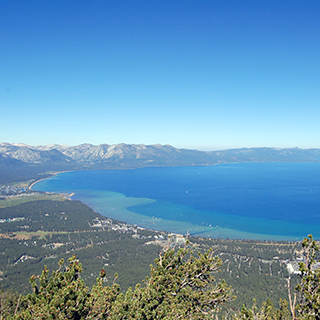 GETTY IMAGES
a natural depression in the Earth’s surface
(noun)
Lake Tahoe is formed by a basin on the border of Nevada and California.
. It was about four stories deep and at least as wide across. At its center was a smaller, darker hole. One wrong step in my clunky space boots and I could tumble straight down. Carefully, I backed away and returned to the habitat.
GETTY IMAGES
a natural depression in the Earth’s surface
(noun)
Lake Tahoe is formed by a basin on the border of Nevada and California.
. It was about four stories deep and at least as wide across. At its center was a smaller, darker hole. One wrong step in my clunky space boots and I could tumble straight down. Carefully, I backed away and returned to the habitat.
My time on Mars wasn’t spent on the real Mars. I was 8,200 feet up on the Mauna Loa volcano, in Hawaii. It was my good fortune that my visit lasted only 24 hours.
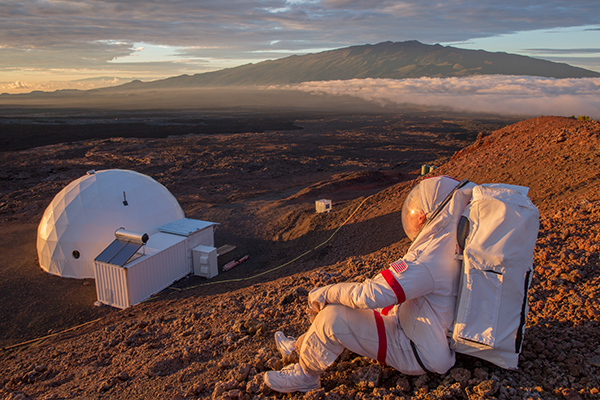
The HI-SEAS facility is on the Mauna Loa volcano in Hawaii. Does the site look like the Red Planet?
CASSANDRA KLOS FOR TIMEThe Road to the Red Planet
Just days earlier, on August 28, a team of six scientists, engineers, and astronaut hopefuls reached a milestone. They completed a full year in the simulated
simulate
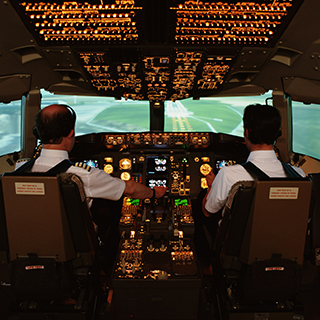 NEAL WILSON—GETTY IMAGES
copied
(adjective)
The pilots trained using a computerized simulated flight program.
Mars habitat. It is known as HI-SEAS (Hawaii Space Exploration Analog and Simulation). The “hab” features a 1,200-square-foot dome with a sleeping loft, two small bathrooms, a small kitchen, and a storage area stocked with food. The hab is comanaged by NASA and the University of Hawaii.
NEAL WILSON—GETTY IMAGES
copied
(adjective)
The pilots trained using a computerized simulated flight program.
Mars habitat. It is known as HI-SEAS (Hawaii Space Exploration Analog and Simulation). The “hab” features a 1,200-square-foot dome with a sleeping loft, two small bathrooms, a small kitchen, and a storage area stocked with food. The hab is comanaged by NASA and the University of Hawaii.
The crew could go outside for Mars walks, but only in full-body space suits. They could communicate with Mission Control and family members, but only by e-mail or text. A communication had to have a 20-minute, one-way delay. That is the length of time it takes for a message to travel between Mars and Earth. Why such strict rules? Scientists need to better understand how long-term space travel affects the human mind.
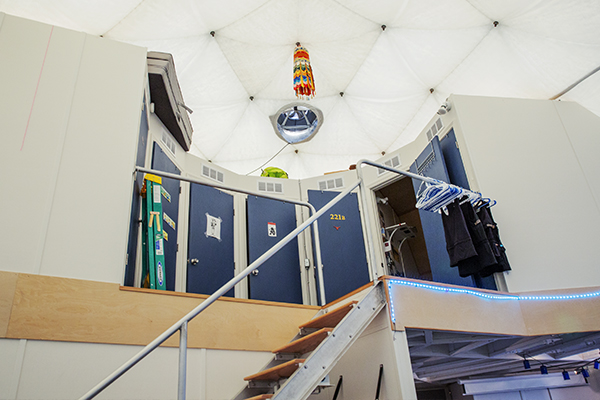
The loft area has six small bedrooms and a bathroom.
CASSANDRA KLOS FOR TIMEThere have been three HI-SEAS missions before this one. None has lasted as long. At least two years of travel would be required to send people to the Red Planet and bring them back.
“NASA needs to understand what happens with numerous teams for really long periods,” says Steve Kozlowski. He is a psychologist and HI-SEAS researcher. “Only then can we know what to expect from a real Mars crew.”
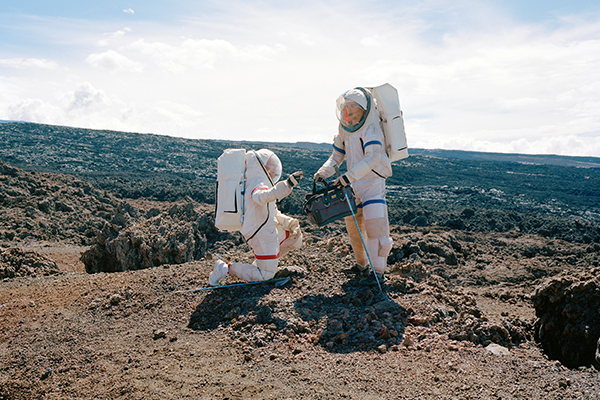
Kluger, left, and Arthur Cunningham, a member of the HI-SEAS team, collect rocks.
CASSANDRA KLOS FOR TIMEThe Power of Pretending
My two walks outdoors were mostly for fun. The HI-SEAS teams’ missions are not. Team members are sent out to collect and study rocks. That’s what they’d be doing on Mars, after all.
My 24 hours on fake Mars were nothing next to the year the HI-SEAS crew completed. The work being done in a hab in Hawaii brings the major achievement of getting people on Mars an important step closer.






